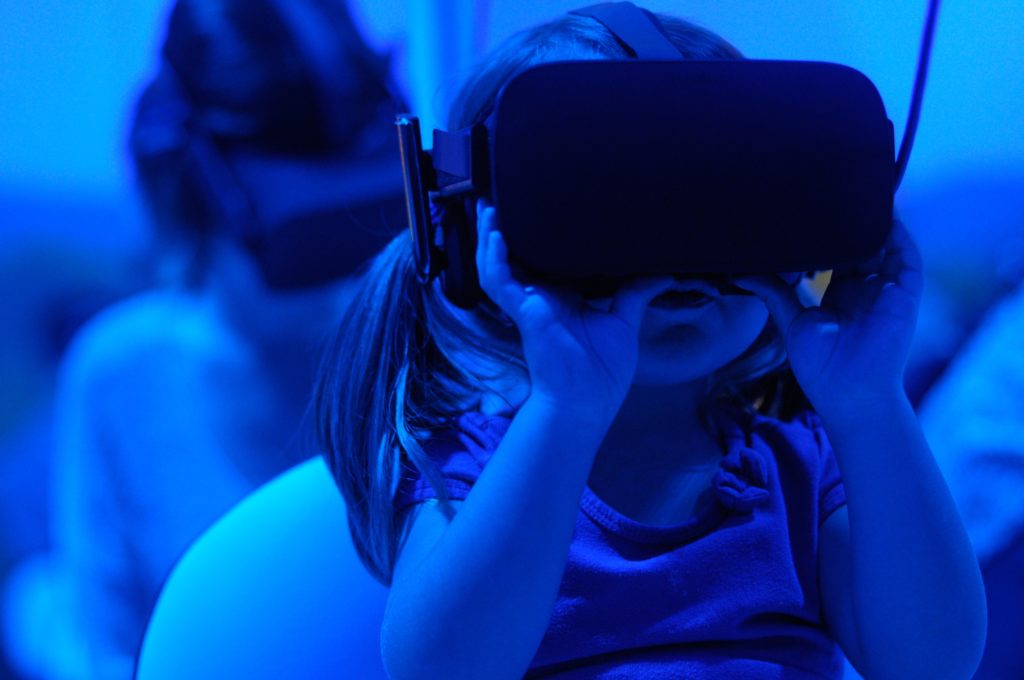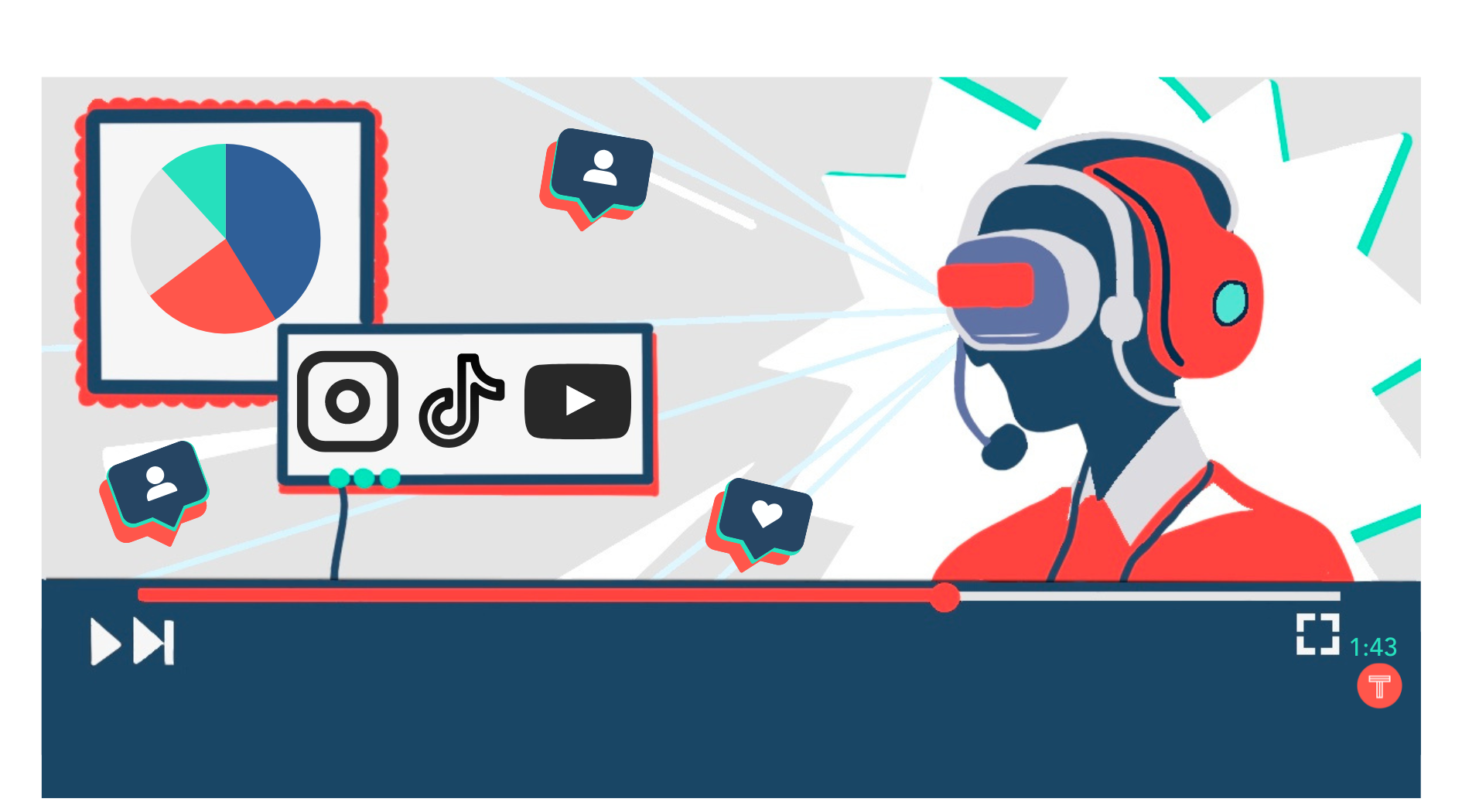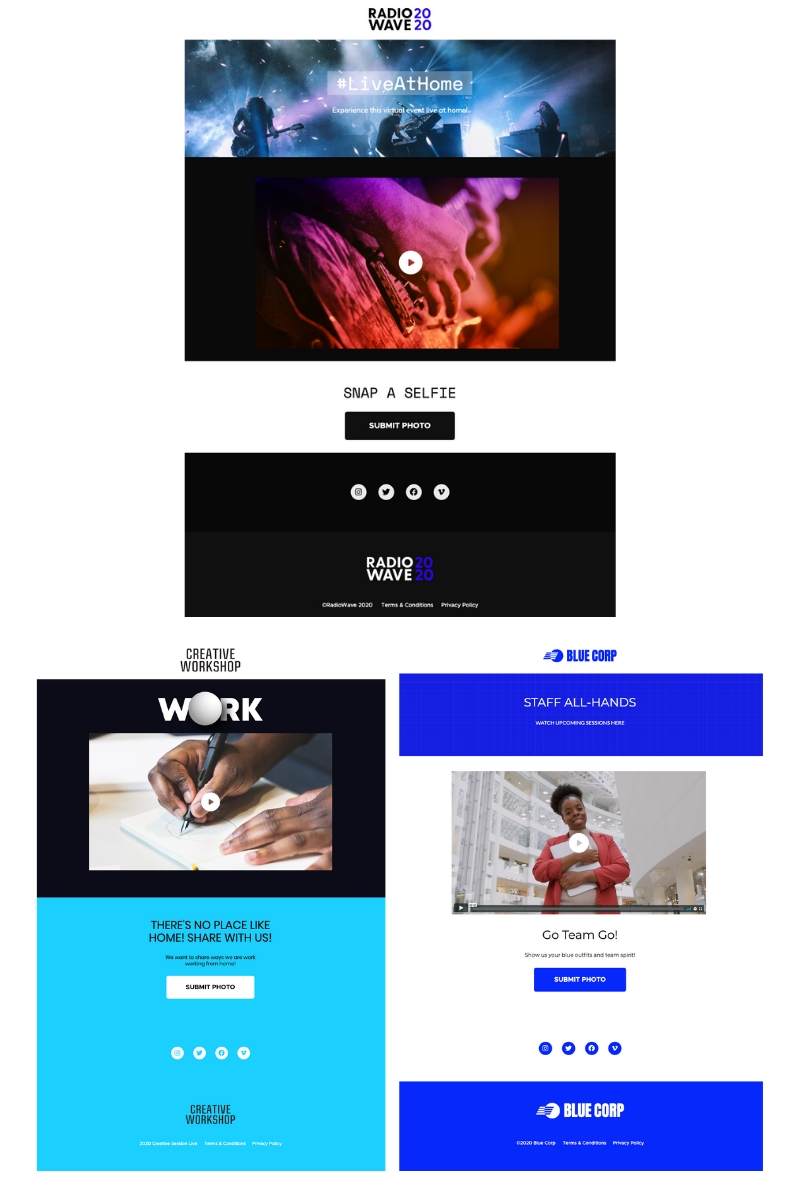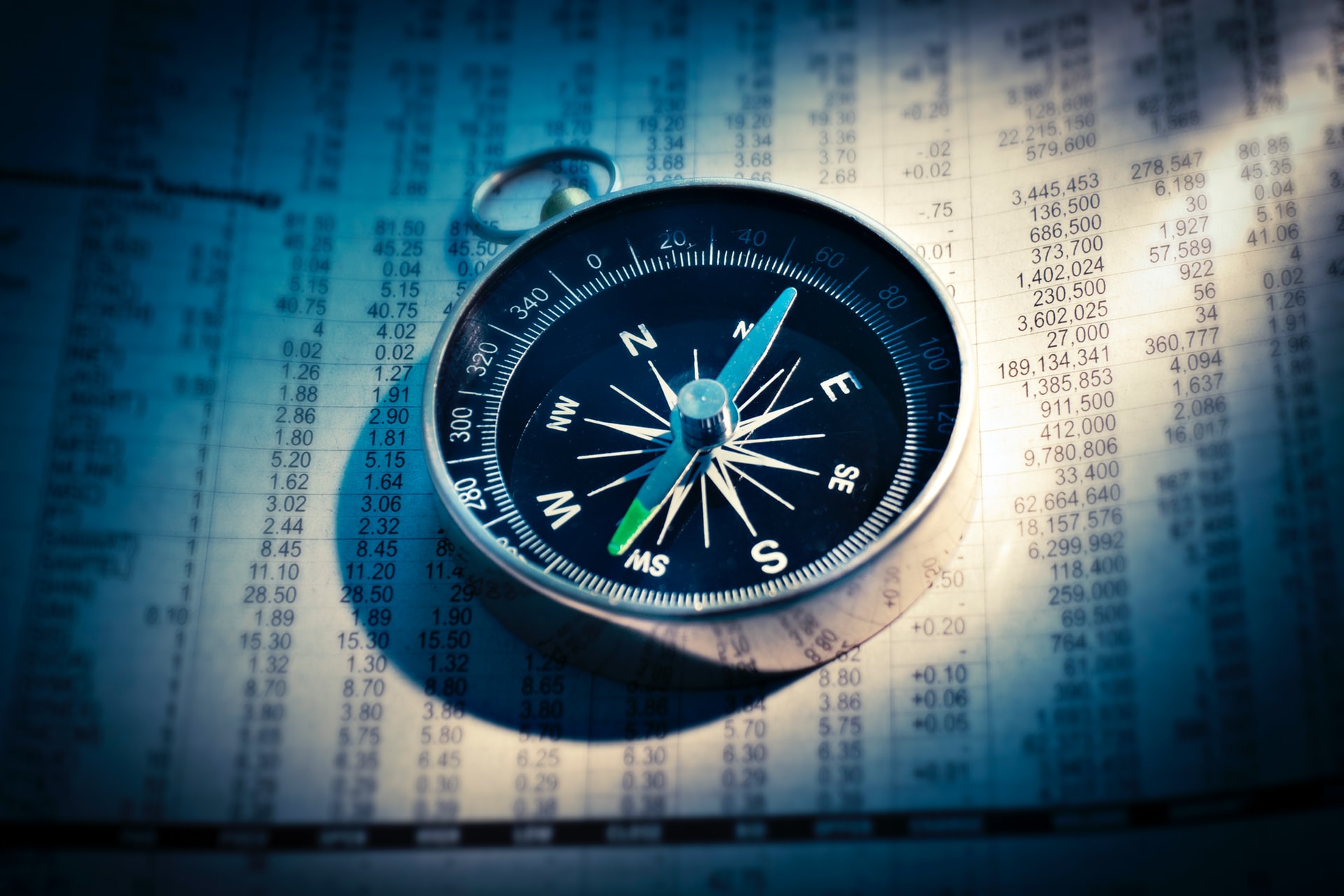Marketers are known for their ability to analyze, adapt, and conquer. Changes in the world have created new marketing roles, like Digital Event Strategist, that are the future of the marketing and communications professions.
Digital activations of any kind are generally under the watchful eye of a collective of digital practitioners. The “digital team” is often a nebulous collection of professionals that encompass everything from web design to CRM management to social media and UI/UX. Digital events are often the purview of this digital experience team. Digital Event Strategists will become the en-vogue job as field and event marketing continues to be a precarious industry due to the looming uncertainty of an extended or recurring pandemic.
In this series, the TINT content team will explore marketing jobs of the future that have become immediate necessities for businesses trying to succeed against a swiftly changing status quo. You are welcome to use these sample job descriptions as you seek talent for these vital roles. (A link back is always appreciated:)
Sample Job Description
Job Title: Digital Event Strategist
Role Hierarchy
- Digital Event Analyst
- Digital Event Specialist
- Digital Event Strategist
- Manager, Digital Events
- Director, Digital Events
- Vice President, Digital Events
- Chief Digital Events Officer
Job Purpose
The Digital Events Strategist is responsible for the ideation, development, and execution of a full-funnel virtual events program. This role works closely with the digital experience team and reports to the Director of Digital Experience. This role supervises a digital event analyst and supervisory responsibility may grow as the program expands.
Job Duties and Responsibilities
- The Digital Event Strategist is responsible for developing and administering a virtual events program that includes owned, partnered, and sponsored events.
- The Digital Event Strategist is responsible for meeting and exceeding identified quarterly key performance indicators that include, but are not limited to: marketing qualified leads, booked prospect meetings, specific attendance goals, and event revenue.
- This position is responsible for building and maintaining a technology stack that includes virtual event platforms, streaming software, and integrations to existing MarTech like the CRM.
- The Digital Event Strategist will prepare and maintain a balanced budget subject to the current budget model of the marketing department.
- This role will work with internal communications and customer success teams to find and recruit possible speakers, partners, and sponsors of events.
- This role will plan, monitor, and appraise the results of a digital event analyst including developing schedules, training, and implementing organizational standards.
- This role may work nights, weekends, and odd hours to ensure the execution of a successful event.
Required Qualifications – Education and Experience
Qualifications will vary from industry to industry and company to company. Below, we’re exploring some of the considerations when setting education and experience requirements. Digital Event Strategists can, and should, come from a variety of backgrounds.
As a content team writing this blog, our knee-jerk reaction was to list a series of marketing and communication degrees. But deeper exploration and reflection has shown that many “traditional marketers” have struggled with adapting to this swiftly evolving realm. You should still consider a slate of Mar-Comm academic backgrounds, but we also suggest looking in some non-traditional places.
Museum Science or Library Science
Putting together virtual events and digital content is a curatorial process. Modern museum and library science programs explore technology, creating accessible content, and designing with the end-user in mind. These professionals are also often expected to conduct events, research, and write content.
Curriculum Developers and Instructional Designers
Virtual events generally have a learning component that is part of their core value proposition. Who better to design learning experiences and deploy learning technology than pedagogs or people who specialize in translating learning to digital environments? Their familiarity with streaming and learning management systems may present opportunities to use new technologies that were previously limited to the educational space.
UI/UX Designers and Researchers
User Interface and User Experience professionals live at the intersection of people and technology. Virtual event tools are becoming more and more robust. It makes sense to start with a humanist approach to mindfully design and build digital activations. People will become more accustomed to participating in virtual events, requiring companies to focus on delivering exemplary user experiences every step of the way.
Knowledge, Skills, and Abilities
Productivity, Time Management, and Multitasking
As long as field marketing remains in flux, virtual events will continue to increase their market share and prominence. Digital Event Strategists will need to keep a variety of plates spinning. “Analog” Event organizers are familiar with the struggle of “herding cats”. This will be amplified as virtual events can take place across continents, timezones, and languages.
The best organizers will be able to develop, grow, and maintain a varied virtual events program that includes webinars, online conferences, 1:1s, coffee chats, roundtable discussions, and more.
Multidisciplinary Communication Skills
Field and Events programs have often served as bridge departments linking marketing to sales and customer success. Until the virtual events industry matures and solves the problem of monetizing online events, this link will be even more vital. Metrics and goals should be interdepartmental and the digital event strategist will need to speak the language of each division. Silos, already dangerous, will prove toxic and deadly to virtual events programs.
Technical Familiarity: Hardware and Software
Event organizers are used to “putting out fires”. At digital events, they will be expected to be the source of truth, solving problems caused by both software and hardware. This technical knowledge will be invaluable as virtual events pull speakers and sponsors from around the world. Concepts like connectivity, stream latency, microphone pickup, and display resolution will be part of the day-to-day knowledge required to operate.
—
Stressed about recruiting a Digital Event Strategist? Discover the power of TINT Virtual Events. Build immersive digital events in minutes, with no coding required. Schedule a demo with our event specialists today.




